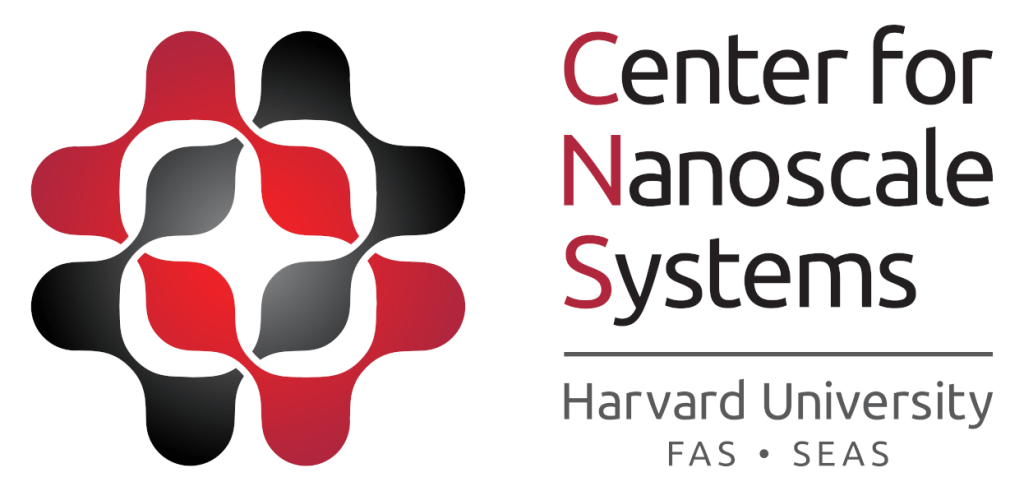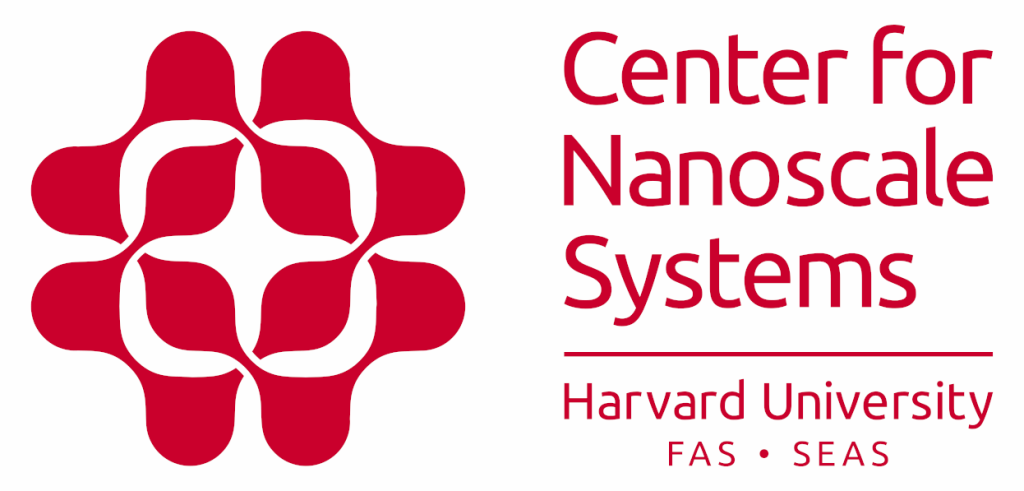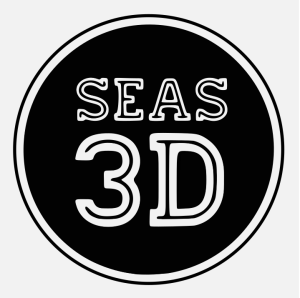Research Core Brochure
The School of Engineering and Applied Science’s core scientific facilities, located in the Allston-SEC (Science and Engineering Complex) at 150 Western Avenue, provide researchers with an array of specialized, equipment technologies, and services to support innovative research. Our cores offer a wide variety of services and instruments that cater to the specific needs of the diverse research conducted in SEAS, at Harvard, and beyond. Fees, access, and required training vary by core. Please click below.
Research Cores:
Search their sites for more details on services and onboarding
SEAS 3D Printing
The 3D Printing Core is managed by SEAS Science Operations. Engineering researchers in the Allston-SEC rely heavily on rapid prototyping tools. The mission of the 3D Printing Core is to primarily assist the Harvard research community in rapid prototyping and high-quality part production. We provide expert services for design, material selection, and production for any project.
HCBI Optical Imaging (Light & Fluorescence Microscopy)

The Optical Imaging Core is a satellite of the FAS Division of Science’s Harvard Center for Biological Imaging (HCBI) and utilizes the HCBI’s unique lease-based procurement model. All systems will be replaced every 3 years and adapted to the needs of our community over time. The Optical Imaging Core currently houses upright (materials) and inverted (biological) Zeiss LSM 900 microscopes that can operate in widefield or confocal modes. The core also provides a Zeiss Axioscan high-throughput slide scanner capable of imaging up to 100 slides in brightfield, fluorescence or polarized light modes. Additionally, two high-end image workstations are available for analysis by researchers.
CNS Imaging & Analysis Suite (Electron Microscopy)

The Imaging & Analysis Suite is a satellite of the CNS (Center for Nanoscale Systems), a shared-use core facility. This Allston-SEC core provides researchers with access to a Zeiss SEM, a TEM, and processing equipment including ultra-microtomes, a sputter coater, polishing wheels, ion mills, and more. The CNS is a member of the National Science Foundation’s National Nanotechnology Infrastructure Network (NNIN) initiative to create a national network of world-class facilities available to all researchers.
CNS Material Characterization Core

The Material Characterization Core is a satellite of the Center for Nanoscale Systems (CNS), a shared-use core facility. The research equipment provided in the Materials Characterization Core includes tools for analyzing microstructure, optical, chemical, mechanical, and particle analyses. The Core includes the following instruments: AFM, DMA, electrophoretic light scattering instrument, impedance analyzer, FTIR, interferometer, nanoindenter, particle counter, probe station, Raman, rheometer, TGA, and more.
Can’t find what you are looking for?
To learn more about the research resources, check out Research Resources.
